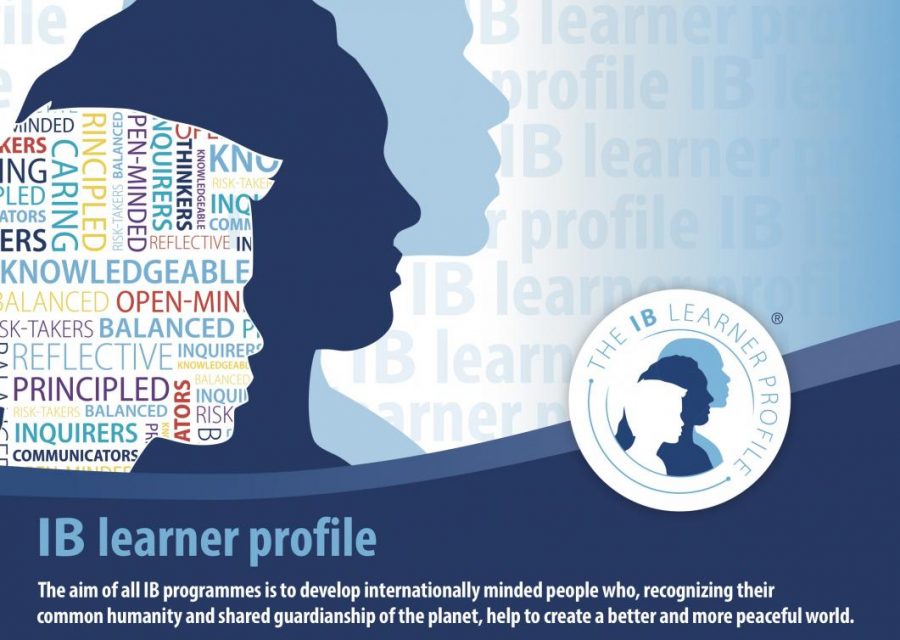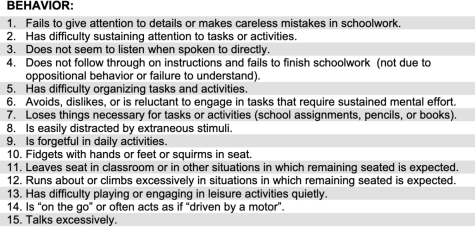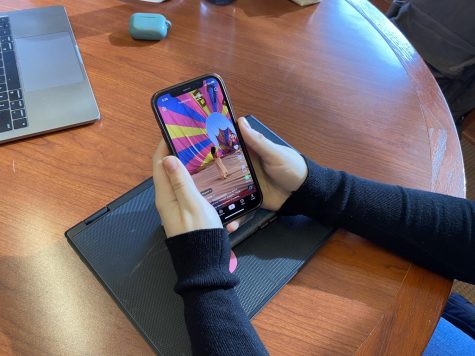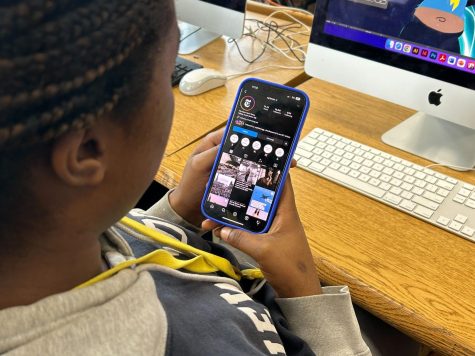International Baccalaureate: an investment in Pelham’s youth

A newspaper clipping hangs in the main office of Pelham Middle School with a headline in narrow serif: “IB PROGRAMS ON THE RISE IN WESTCHESTER.” Pelham’s signature yellow-beaked pelican is depicted clutching an International Baccalaureate banner in its wings and is surrounded by a ring of ideals that make up the IB Learner Profile.
If the implementation of these ideals is any indicator, Pelham Middle School has fully embraced the IB standards. While the high school pushes for an IB designation, the middle school is already a bona fide International Baccalaureate World School.
The expansion of International Baccalaureate in the high school has roused several cynics. While any major change to students’ education certainly warrants scrutiny, as a middle schooler who has experienced all that IB has to offer, the International Baccalaureate program provides veritable benefit to Pelham students.
An IB distinction gives Pelham students a significant competitive advantage and enables them to more effectively pursue their passions outside of the classroom. According to an International Baccalaureate Organization (IBO) survey, the acceptance rate of IB students into Ivy League universities is up to 18 percent higher than their non-IB peers. Top schools like Stanford and Columbia University will accept all IB credit.
Some universities, such as the University of Southern California and Purdue University have even stated they have a preference for IB students. For example, Purdue’s admissions website states that students who take Higher Level IB courses, “generally are more competitive candidates for admission and more qualified to succeed in college.”
Even at the middle school level, when I was applying to a journalism camp in New York City, I was asked whether I attended an IB school. The increasing recognition of IB outside of school opens doors to opportunities beyond the classroom for Pelham students.
A valid shortcoming of International Baccalaureate is its obscurity. I do agree with critics that the school needs to do a better job explaining the contents of IB to students. To address this, a concise explanation via intercom would suffice—and would be preferable to the incessant shoehorning of IB learner traits into lessons.
However, improvements in the middle school curriculum are apparent even without explanation. In eighth grade, IB requires students to complete a capstone project that spans all four quarters of the school year—and the project must be focused entirely on community service. Moreover, the project is completely self-guided: students decide the topic of their project, make a thorough plan and complete their community service almost entirely outside of school.
My project was inspired by my own personal struggle with food allergies and aimed to help people like me navigate eating out at restaurants. I explored dozens of options to achieve my goal. I finally settled on creating a website for restaurateurs that simplified the creation of allergy menus. Creating a website that suited my needs was extremely difficult, even with the help of the Wix website builder. The sheer amount of research that I had to conduct into the technical aspects of creating a website caused my search engine to start automatically suggesting code snippets.
When I was finally able to type in the URL of my website, www.foodingwithallergies.com, and watch two months worth of sweat, tears and blue light appear on my monitor, the satisfaction was incredible.
Despite the rage inherent to creating and debugging code, I found the project transformative. One of the most singular moments of joy that I experienced in the eighth grade was when the first restaurant (Rockwells) created an allergy menu using my website. This project showed me that I could create something on an adult level, and I will be eternally grateful for this opportunity thanks to IB.
Beyond any one project, IB represents a new paradigm for learning, one where project-based, exploratory learning takes precedence and where students lead. Of course, teachers have to adapt to no longer being at the center of student development, leading to claims that IB sacrifices teachers’ roles as instructors and relegates them to supervisory roles.
Passive teaching certainly is “pernicious,” but IB is not to blame—technology is. More specifically, online education programs that aim to supplant the teacher entirely as the means of learning.
For example, towards the beginning of the year, the middle school mandated the use of an online program in my Algebra 1 class. As one would expect, engagement plummeted and we yearned for the days when our teacher, well, taught. After a district survey on the program was met with a whole grade’s worth of hate mail, the program was discontinued.
My time in the middle school is coming to an end, and soon I will be walking the halls of the high school. I hope International Baccalaureate will follow me.
PMS eighth grader Victor Chang has experienced three years of the International Baccalaureate program in the middle school. A counter-argument against the implementation of the International Baccalaureate program can be found here.

















